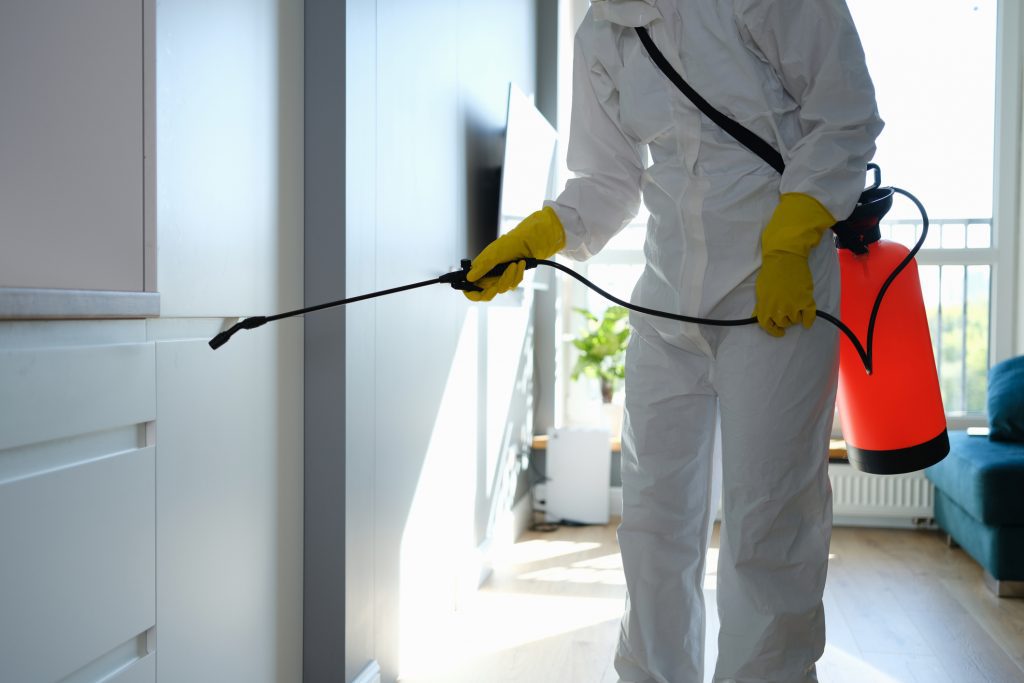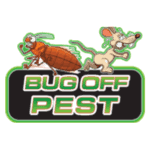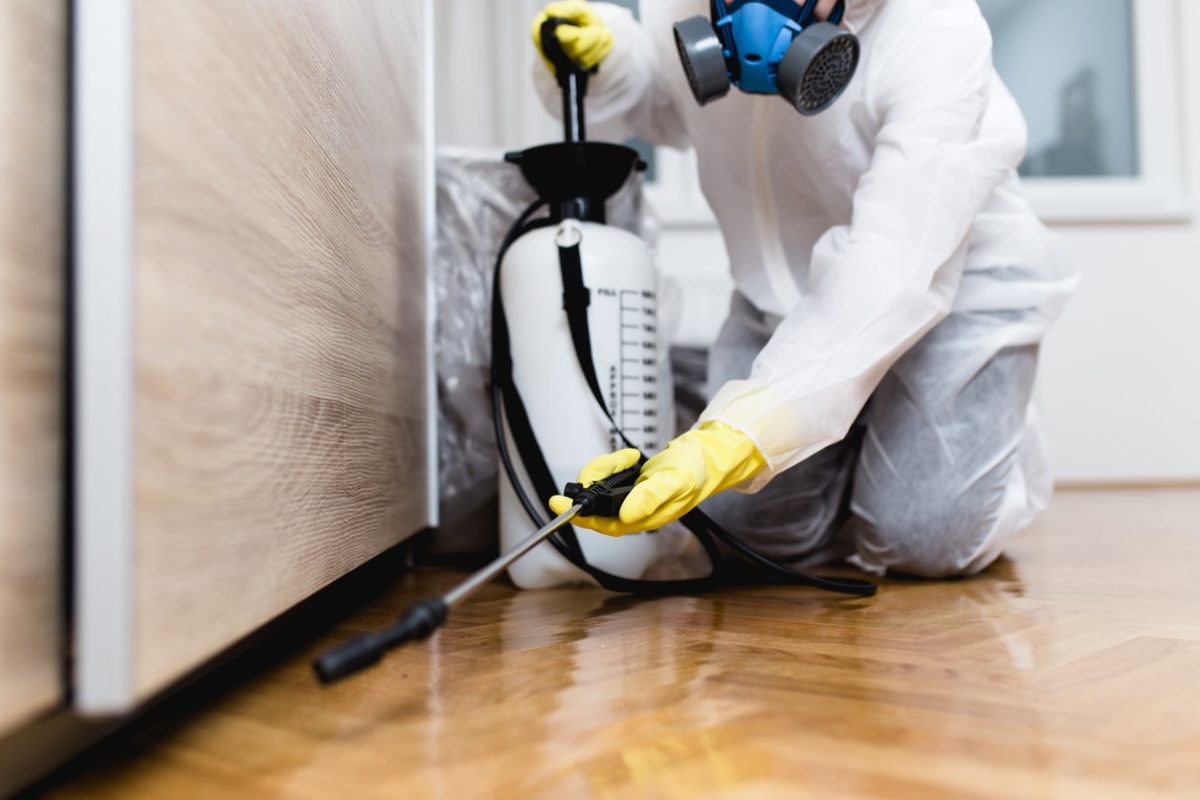Efficient Pest Control in Port Charlotte to prevent infestations all year long.
Efficient Pest Control in Port Charlotte to prevent infestations all year long.
Blog Article
Exploring Innovative Techniques and Products for Efficient Pest Control
The landscape of parasite control is progressing, marked by the introduction of ingenious strategies and products made to boost effectiveness and sustainability. From smart catches furnished with advanced monitoring systems to organic approaches that utilize all-natural killers, these advancements offer a standard change in just how we approach pest management.
Smart Traps and Checking Solutions
How can contemporary innovation improve pest management? One considerable development is the advancement of wise catches and monitoring systems, which offer real-time information and analytics for effective pest control. These systems use sensors and wireless innovation to discover parasite activity, signaling home supervisors and pest control specialists to invasions prior to they escalate.
Smart catches are furnished with attributes such as lure stations that draw in pests and capture them efficiently. These traps can be kept track of remotely, permitting timely treatments and lessening the need for extensive chemical applications. In addition, the assimilation of artificial intelligence algorithms allows these systems to differentiate in between target pests and non-target varieties, improving the precision of insect control measures.
Additionally, the data gathered from smart traps can be analyzed to recognize patterns in pest actions and environmental factors adding to invasions (Pest Control in Port Charlotte). This info is indispensable for establishing targeted insect administration techniques tailored to certain environments. By welcoming clever traps and checking systems, pest control experts can enhance their operational efficiency and lower the eco-friendly impact of parasite administration, eventually bring about much safer and extra lasting methods in the sector
Organic Insect Control Techniques
Using all-natural killers and bloodsuckers, biological parasite control approaches use an environmentally friendly option to chemical treatments. This approach includes the intro or improvement of particular organisms that can normally control parasite populaces, thereby minimizing reliance on synthetic pesticides. Typical examples consist of making use of ladybugs to control aphid invasions and parasitic wasps to target caterpillars.

Biological control can be classified right into three main techniques: classic, augmentative, and conservation. Classic organic control involves importing natural opponents from the parasite's native habitat, while augmentative control involves enhancing the population of existing natural enemies with releases. Conservation techniques focus on creating conditions that support these useful microorganisms in the ecosystem.
The performance of biological insect control depends upon recognizing the complicated interactions within ecosystems. It commonly requires a detailed analysis of pest dynamics and the life cycles of both the pests and their natural adversaries. While organic methods might not give immediate results like chemical options, they add to long-lasting bug administration and ecosystem health. As recognition of ecological problems expands, biological pest control approaches are increasingly identified for their lasting role in integrated pest administration programs.
Eco-Friendly Chemical Alternatives
Environment-friendly chemical visit the site alternatives give a viable option for bug administration that reduces ecological influence while effectively regulating insect populations. These alternatives are stemmed from natural sources and are meticulously formulated to target specific bugs without harming beneficial organisms, making them an essential component of sustainable insect control techniques.
Amongst the most effective environmentally friendly alternatives are plant-based insecticides, such as neem oil and pyrethrin, which are originated from the seeds and blossoms of various plants. These substances interfere with the life cycles of bugs, minimizing their populaces without the toxic effects related to conventional chemicals - Pest Control in Port Charlotte. Furthermore, necessary oils like pepper mint and clove oil exhibit repellent residential properties, even more boosting their energy in bug management

Furthermore, eco-friendly chemical options frequently damage down faster in the environment, minimizing the threat of dirt and water contamination. This characteristic aligns with the increasing customer demand for sustainable techniques in farming and urban pest control. As research continues to advance, the advancement of innovative environment-friendly formulas will certainly even more boost efficiency and broaden application areas, making it possible for pest administration specialists to take on greener, extra liable approaches in their techniques while safeguarding human health and the atmosphere.
Scent Disruption Techniques
Another cutting-edge technique in lasting bug management is making use of scent disruption methods. These methods exploit the natural chemical signals, or scents, that insects utilize for interaction, especially in mating actions. By interrupting these signals, parasite populaces can be effectively taken care of without resorting to damaging chemicals.
Scent traps are typically used in this strategy. These catches utilize artificial variations of insect scents to tempt male bugs, thereby minimizing their capability to situate women and recreate. With time, this can cause a significant decline in pest populations. In addition, the launch of repellent scents can produce complication among insects, even more hindering their breeding procedures - Pest Control in Port Charlotte.

Integrated Bug Administration Strategies
Reliable parasite control frequently needs a thorough method, and Integrated Pest Management (IPM) strategies provide a framework for achieving Discover More this objective. IPM integrates numerous monitoring practices to reduce pest populaces while reducing reliance on chemical pesticides. This diverse approach begins with extensive surveillance and recognition of pests, enabling for targeted treatments based upon certain pest pressures.
Social methods, such as crop rotation and cleanliness, play a crucial duty in protecting against parasite establishment. Organic controls, including all-natural killers and parasitoids, are employed to keep bug populaces at manageable degrees. When essential, selective chemical treatments are used, stressing reduced toxicity to non-target species and the atmosphere.
Additionally, education and learning and outreach are essential elements of IPM, promoting recognition among stakeholders concerning lasting practices and pest life cycles. The flexibility of IPM permits experts to respond effectively to changing parasite characteristics and ecological problems. By employing this all natural approach, IPM not just enhances parasite control performance yet also contributes to lasting environmental equilibrium. Eventually, Integrated Parasite Monitoring stands for a forward-thinking service that lines up agricultural performance with environmental stewardship, making it vital in modern insect control techniques.

Final Thought
In verdict, the integration of ingenious techniques and products for effective parasite control represents a considerable advancement in sustainable insect monitoring. Smart traps and checking systems, biological bug control methods, environment-friendly chemical choices, and pheromone disruption methods jointly boost check my reference the efficiency of pest management approaches.
Report this page